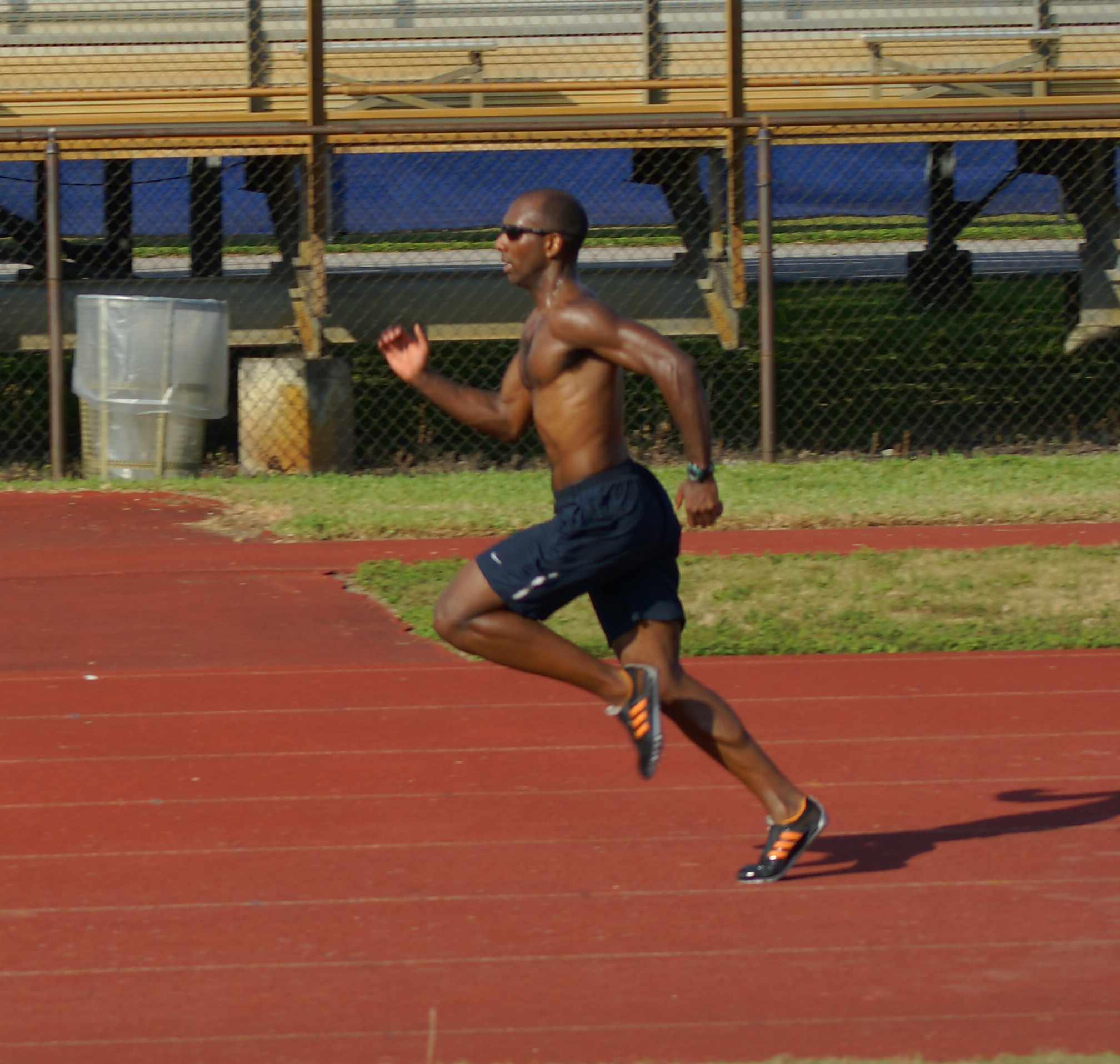Why was it so difficult to say goodbye?

A little bit of history. I participated at the 2000 Olympics Games in Sydney, Australia, representing Colombia in the sport of Athletics (Track and Field) in the event of 200 mts dash. I've been a runner my whole life, even before I seriously considered training for it. I tried several team sports (baseball, softball, soccer) as well as other individual sports; I was just not good enough.
I was introduced to track and field by my elementary school teacher back in 1989, but it wasn't until 1993 when a Cuban coach by the name of Jose Bernard firmly gave me the option of showing up to the training field on time or not showing up at all. For a teen who, up to that point, had won every single local event and no one wanted to step on his toes, it was a drastic proposition; however, it was exactly what I needed to become the athlete I wanted to be. After Jose, Fred Asprilla took charge of my training and guided me through several national championships and two South American sub-17 championships and one South American sub-19 second place finish, alongside other top international participations.
Forward 20 years later, after several national and international competitions, the Olympic Games, the three years competing for the University of Nebraska and there I was, training in South Florida with a coach at the University of Miami. Track and field is not a money-making sport, so unless you are on the top-20 list in the world rankings on your event, it's very difficult to survive as a track athlete. Only a few ones get the opportunity to have a sponsor that pays for their training and costs of living; everyone else needs to find a job with the flexibility that allows for training, traveling and competing. I didn't have a sponsor but was able to have found jobs that allowed me to train and travel; some of them even covered part of my competition requirements. Although I knew I was always in disadvantage against my fellow runners whose only worry was to show up at the track on time to train and compete, I kept training as hard as I could for as long as I could.
My last good year was 2003, when I won my last national championship. Even though I kept training all the way past 2012 trying to make the Olympic teams in between, I knew it was a very long shot.
One of the reasons it was so difficult to stop training at that level was because in my mind I knew that I was still capable of pushing myself to the limit, even though physically my body was getting older and more prone to injuries. I was also a bit jealous of other athletes from my generation who were doing better than I was; not jealous of their accomplishments, which I was happy about, but the fact that, at the peak of my athletic career, I couldn't perform the way I wanted.
As athletes, we don't like to be told we can't do it; that's why we keep pushing and punishing ourselves to perform better, to train harder, to jump farther, to go until there is no more in the tank and then some. Is that determination, that drive in our field of competition that allows us to succeed on our professional careers; it's not always easy, but it's always rewarding.
Looking back at all those years of sweat, cramps, and lactic acid, I realized that I was able to accomplish more than many others with fewer resources, so I'm now proud of that. Hanging my running shoes was probably one of the most difficult decisions I've made at the time, but it's one that I don't regret making.
New life experiences are always difficult; that's probably why we call them challenges.